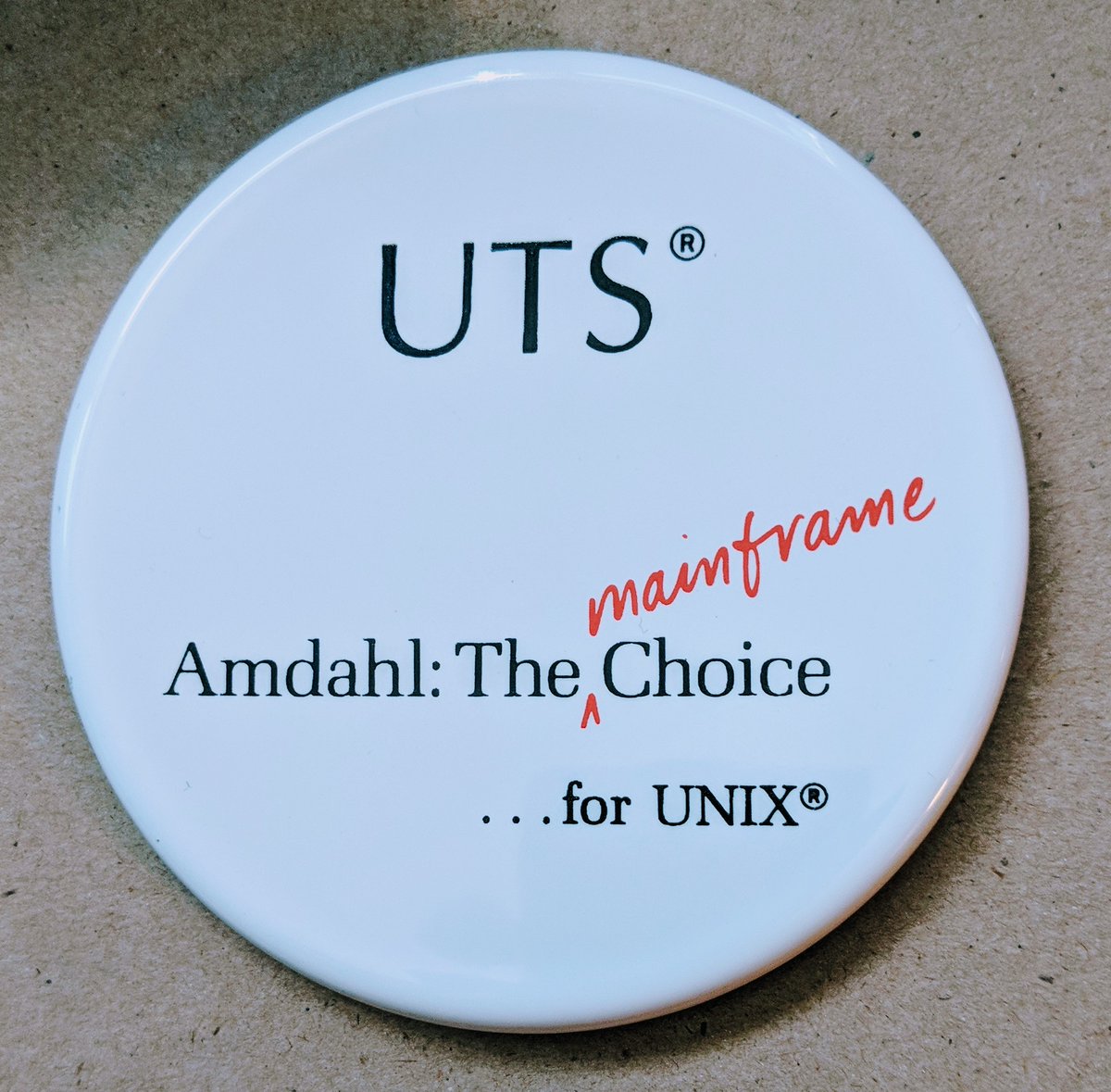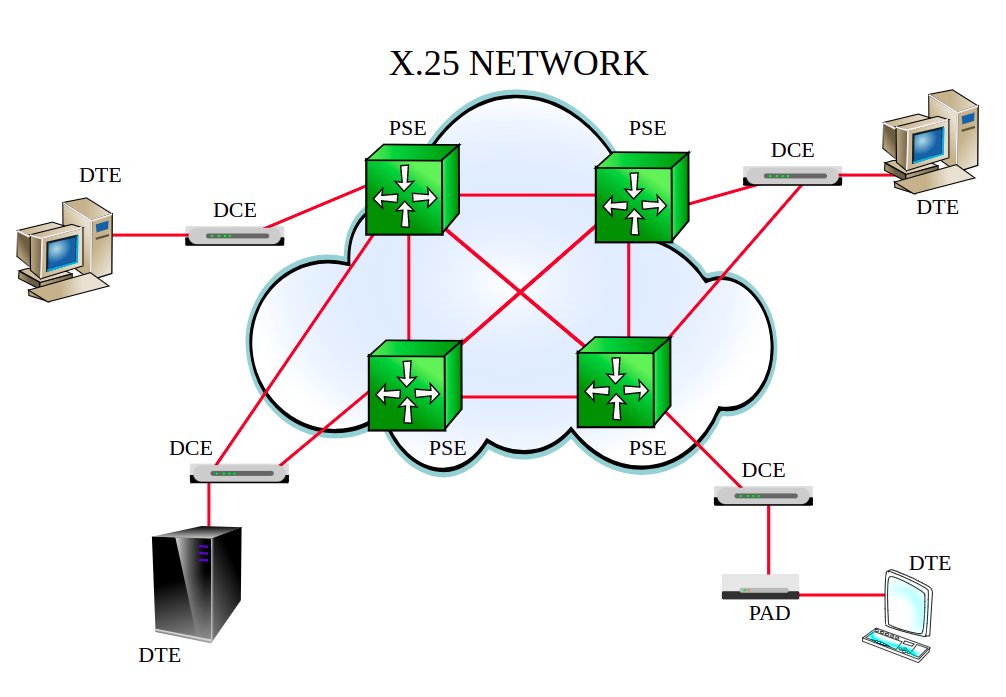When the Apple Macintosh came out in 1984, it came with a new serial port implementation. Initially, it looked like nothing special - a port for a modem, a port for a printer. 

But internally it used the Zilog Z8530 SCC, which was a deviation from the 8274 used by the PC world. Coincidentally, Sun also used the Z8530 for serial ports all through the 80s (at least). 

In January 1985, Apple announced the Apple Laserwriter, the first mass-market laser printer. And with it, they announced the Appletalk and Localtalk networking protocols. The Laserwriter and Postscript were developed by Adobe Systems (who used Suns as their prototype platform) 

Localtalk was the Appletalk link layer for serial ports - astounding because somehow Apple could get the measly serial port to run at 230Kbps in a multi-access network. PCs of the day were limited to 115Kbps, point-to-point, if you had very short cables.
Localtalk as possible because the Z8530 had an infinite number of weird and wonderful modes and features. At Sun, we were able to implement protocols like BSC, SDLC, and HDLC on these same serial chips. But it was UGLY to program.
Anyways, Appletalk was a full stack of protocols, heavily influenced by Xerox XNS, but squeeeezed to make the Localtalk case go faster. 

Not much of Appletalk survives today, except for the Appletalk Filing Protocol (AFP)
AFP was announced a little later in 1985. It turns out that it was co-developed with Centram Systems West, a company with which I later became entangled. A key guy there was Michael Pflaumer, known as 'Pflash' 

Centram, along with another nearby Berkeley company - Farallon, both had a lot of success selling Appletalk compatible products. Centram's AFP was much more usable than Apple's, and they came out with a PC client as well, so mixed PC and Apple networks were possible.
So, Centram's success with AFP was happening at the same time that Sun was succeeding with NFS. John Doerr, who was on the Sun board, decided that it'd be a great idea for Sun to buy Centram. John is hard to say no to.
In 1987 Sun bought Centram, and renamed the company to TOPS. It was operated as an independent company for a while, but then the edict came down to merge TOPS and NFS. 

So an elite team as created with me representing the Sun side, Geoff Arnold representing PC/NFS, and Seth Neiman representing TOPS. But we failed, thank goodness.
While this was going on, TOPS had to change its name due to trademark conflicts with the TOPS paper forms company. So, it became Sitka, and I was appointed to its board of directors. 

Rich Shapero, the CEO by then, chose the name because he liked to get away for long weekends in Sitka, Alaska. Cool.
But why did the AFP/NFS merge fail? Classic MacOS had a very different file system - things like resource forks, a non-ASCII character set, and any number of other troublesome things. It would've been a loss to force either AFP or NFS to a lowest common denominator.
And of course just throwing multiple modes of operation under 1 name isn't really a merge, anyways. But by 1989 or so, none of this much mattered. Sitka's business was going away because Apple's product had gotten much better.
Anyways, AFP lives on today, although the rest of Appletalk is gone. It's still a pain to deal with - as Samba and FreeNAS imlpementors know quite well. I had to use AFP to get Time Machine to work with my FreeNAS box, so I'm still using it too.
@threadreaderapp unroll
• • •
Missing some Tweet in this thread? You can try to
force a refresh








